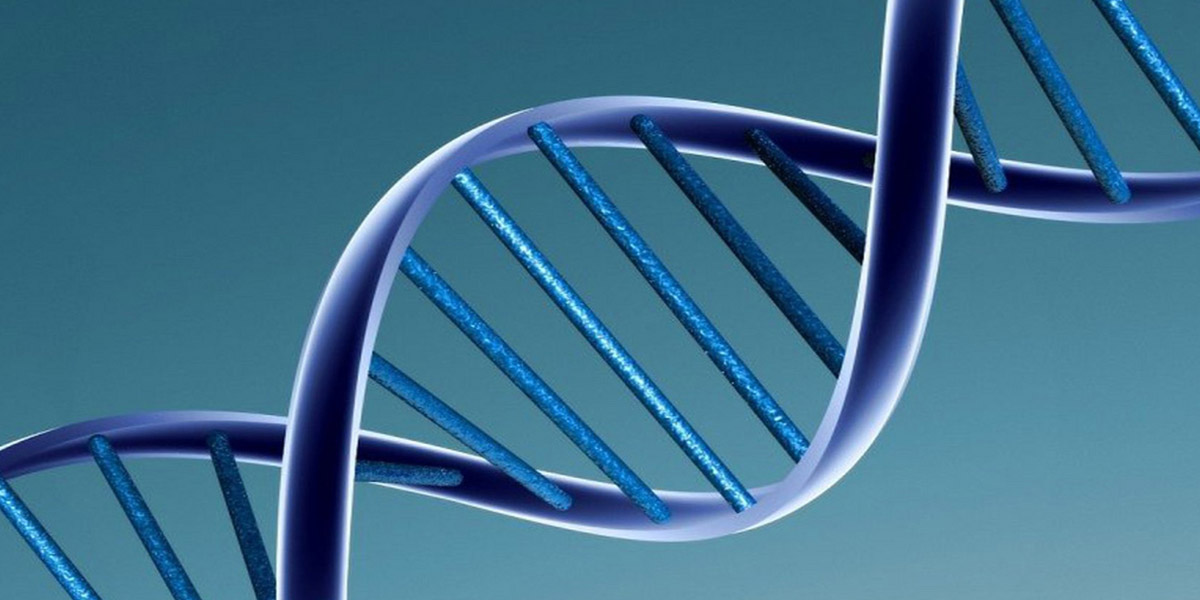What are some important things you should know about them?
Corona viruses, such as SARS-CoV-2, and their resultant mutations and then double mutations, affect each person differently. Affected individuals in this epidemic have reported having many varied symptoms from a mild version to being hospitalized and in many cases thousands of resultant deaths worldwide.
As the COVID-19 pandemic has progressed, it has become clear that many survivors — even those who had mild cases — continue to manage a variety of health problems long after the initial infection should have resolved.
In what is believed to be the largest comprehensive study of long COVID-19 to date, researchers at Washington University School of Medicine in St. Louis in April 2021, showed that COVID-19 survivors — including those not sick enough to be hospitalized — have an increased risk of death in the six months following diagnosis with the virus. More than 30 million Americans have been infected with this virus and given that the burden of long COVID-19 is substantial, the lingering effects of this disease will reverberate for many years and even decades.
It has been observed that a lack of alpha-1 antitrypsin (A1AT, encoded by the AAT gene) causes higher concentrations of neutrophil elastase in human cells, which may cause the virus to spread rapidly within a subject. The implications of genetic variations in shaping individual nutritional requirements have been recognized and conclusively proven, yet everyday use of genetic information in nutrition and dietetics practice is still far from being implemented.
These genes and resultant Covid-19 infections manifest more in people with diabetes, high blood pressure, heart disease and COPD Hence these issues have been addressed in the composition of the ImmuneFence Supplement available below

